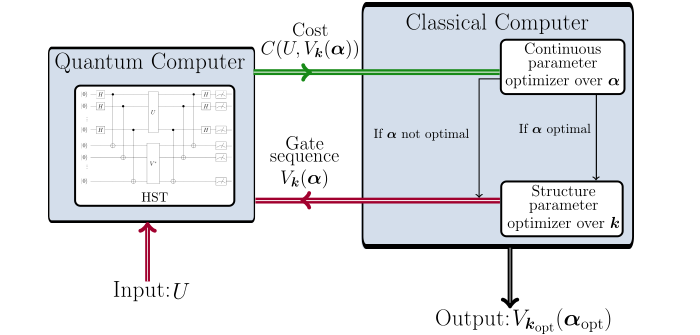This page is my blog. I will focus my blog on what I call “scientific imagination”. In particular, I will give you some mental tricks for getting in touch with Nature. I will NOT get into deep philosophical implications. Rather, I will focus on *practical* tricks that you can use to help your mind think about the world from a scientific perspective.
The key principle behind scientific imagination is to look at the world from a different view. Abandon your usual way of viewing the world. Abandon your usual vocabulary that you use in conversation. Take an unusual view. This may feel uncomfortable or awkward at first. But with practice, you can make it feel natural.
My thinking along these lines has been influenced by Richard Feynman. Feynman understood the difference between a superficial and a deep understanding of the world. To see an example of “scientific imagination”, check out this video of where Feynman discusses the peculiar ritual of toothbrushing.
Speaking of toothbrushing, I propose that we change the name. When you wake in morning, instead of saying to yourself “it’s time to brush my teeth”, tell yourself “it’s time to clean my crystals”. Just use a different phrase. In doing so, you’re forced to imagine that teeth are crystals – a repetitive array of atoms. Which atoms? Calcium, oxygen, hydrogen, and phosphorous. These four atoms are repeated over and over and over again in your tooth. If you never use the phrase “cleaning my crystals”, you might never take the time to think about the microscopic structure of your teeth.
This brings us to the bigger topic of biological terminology. I’m incredibly bothered by biological terminology. The biologists have invented new words that convey no meaning – they make no connection to terminology outside of biology. Think of the words: tooth, muscle, bone, heart, artery, and lung. These words suck! Here are my proposed replacements for these words (in order): crystal, rubber band, rock, pump, pipe, and balloon. The problem with biological terminology is that it prevents you from making connections between biological organs and everyday objects. This issue is most important when you are teaching young children about biology. I warn you: do not bombard your children with uninformative terminology!
Let me end today’s blog post by talking about rocks and rubber bands (the musculoskeletal system) as well as pumps and pipes (the cardiovascular system).
Inside our bodies are rocks of different shapes and sizes. It seems strange to think of rocks inside us, but that’s the reality. These rocks are connected by rubber bands. The rubber bands are wrapped around the rocks. To bring the rocks closer together, some of the rubber bands contract. And to pull the rocks away from each other, some different rubber bands contract. (In my mind, I’m imagining my bicep and tricep, as I write this.)
Now let’s talk about the pump in the middle of our body. To transport the liquid food to all of our cells, the pump squeezes. The liquid food travels through the pipes, and along the way, some of the food leaks into the cells. Some of the liquid (now depleted of the food) comes back to the pump via different pipes.
In summary, I believe abandoning biological terminology is the first step towards understanding your body at a deeper, conceptual level.
More to come soon….
